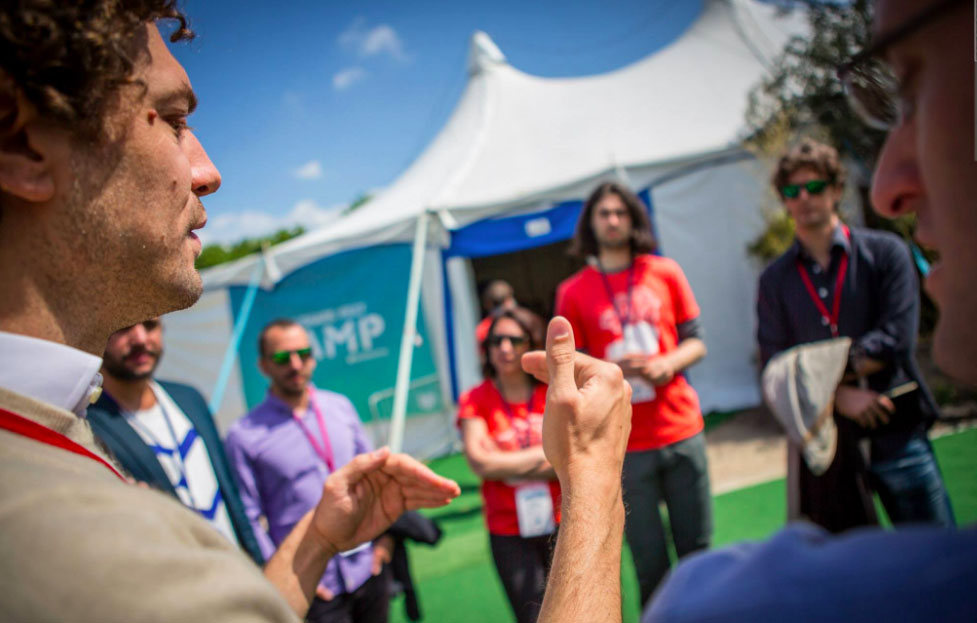
TRAINING FOR DEVELOPMENT
Training human resources in Cooperation and ecosystemic thinking makes managers and employees able to develop new alternative skills for better coping with complexity. This will allow them to set long term solutions up and avoid quick fixes, with their subsequent low performances in the future.

WHAT YOU CAN LEARN
The course could be customised according to your organisation needs. The scientific side, more technical and specific, goes together with narratives and applications that simplify technical concepts. A definition of Cooperation, "cooperation feeling", egoism, altruism, linearity and complexity could be the first set of concepts for a first preliminary step, including the semantics of Cooperation and the main differences with other interactions. Evolutionary Biology and the many theories about the evolution of cooperation go together with the Neuroscience of Cooperation, the Diversity Theorem, Game Theory, the Public Goods game, and Nobel Prize Elinor Ostrom approach to social dilemmas. An excursus into social networks, social ecosystems, innovative statistical tools and the Cooperation Context Index could be other technical components of the course in a more advanced phase. On a more applicative side, the Cooperation Diagram would be accompained with colors and attributes like Qualitative, Irrational, Dynamic, Emotive, Relational and their opposites. The expression of personal expectations and preferences will be compared through Non-violent communication and Desire communication. Other social technologies will be introduced like Open Space Technology, Open Space Cooperation, the Journey Narratives, the Dunning-Kruger effect and the Kübler-Ross stages of grief. Circular, primitive and cooperative games, together with the cooperative monopoly, may show how to understand the cooperation dynamics may be even based on serious fun and entertainment.
WHAT YOU CAN EXPECT
At the end of the course you would have acquired knowledge and tools to better understand other people's view and integrate your perspectives with theirs. Your comprehension of the systemic consequences of activities or changes in your organisation will be improved along with the ability to distinguish short term fixes from long term resilient solutions. You could finally transform this new awareness into interventions able to foster more internal cooperation, a diffuse sense of mutual enjoyment and a shared understanding of the organisation social ecosystem.
COOPERATION IN-DEPTH COURSES
Cooperacy spreads the concepts of cooperation through a process that is a cooperation itself, allowing to learn together and with mutual enjoyment, including that of the people with more knowledge.
- Main Cooperation Science framework
- Cooperation Context Index for countries
- Online groups relative analysis based on benefit and relation indicators
- Semantics of Cooperation
- Game theory and Evolutionary biology
- Neuroscience of Cooperation
- Complex Systems Science applied to Cooperation
- Cooperation Networks
- Ecology and Ecosystem Science applied to Cooperation
- Cooperation Science applied to Governance
- Cooperation Science applied to the study of the Commons
- Cooperative production industries-based Economy